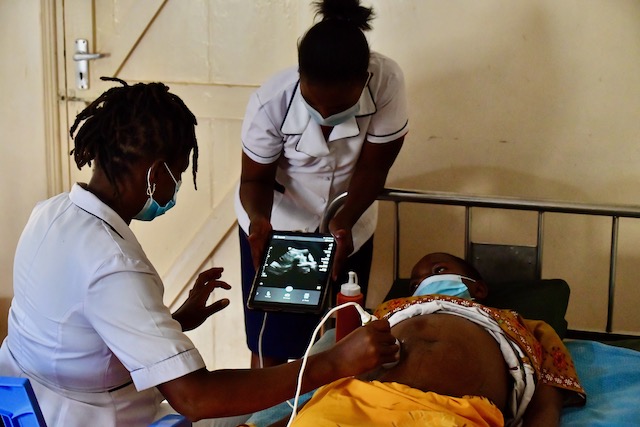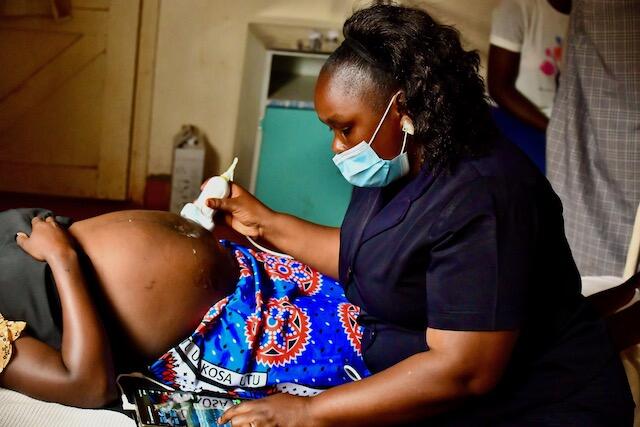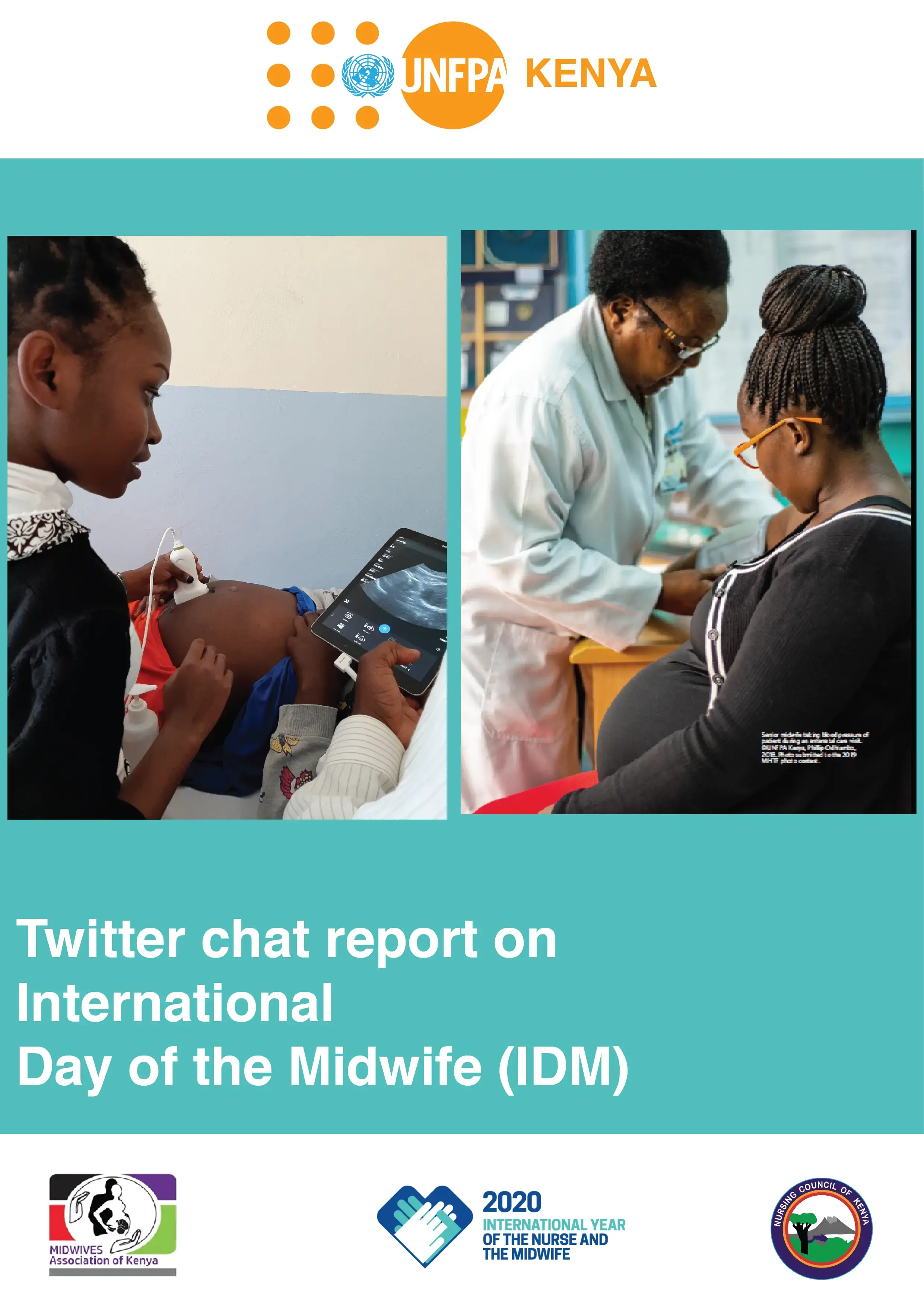Goretti Adhiambo is a midwife at Sena Health Center located in the small and remote Mfangano Island in HomaBay County. As the midwife in charge, she oversees the care of expectant mothers and newborns at the facility to ensure the safe delivery of healthy newborns. “We provide all the basic maternal health services at the health center including antenatal care, but complicated cases have to be referred to the mainland hospital for specialized care,” says Adhiambo.
It takes at least an hour’s boat ride -two, if the waters are choppy- to get from the Island to the mainland town of Mbita, a less than ideal travel duration when dealing with an obstetric emergency. In her four years of service at the health center, Adhiambo recalls instances where lives have been lost due to complications developed during pregnancy and childbirth. In 2018, a young mother died while being ferried to the mainland after experiencing difficulties in labour. “She was barely 18 years old, and to lose such a young life was very painful for my colleagues and I,” recalls Adhiambo.
One of the services that pregnant women on the Island have had to seek from the mainland is obstetric ultrasound screening. It is not uncommon for women living in rural areas to travel long distances in order to access this diagnostic service which is mostly available at tertiary level health facilities located in major towns and urban areas.
She was barely 18 years old, and to lose such a young life was very painful for my colleagues and I
UNFPA has partnered with AMREF International University (AMIU) and the Phillips Foundation to train midwives like Goretti in the provision of ultrasound screening services in primary healthcare facilities. Midwives from remote and far flung health centers identified to have poor maternal indicators are selected to receive the training which includes the use of a portable ultrasound machine known as the Lumify Probe, from Philips.

Oseri Hospital in Kisii County, Kenya.
The training is conducted by experienced sonographers who guide the midwives on how to conduct a screening in order to confirm if the pregnancy is viable or not, visualize and recognize the number of fetuses, citing the locality of the placenta, detect the lie of a baby to identify whether they are in breech, among other skills.
The midwives also receive a Lumify Probe device for use in their health facilities, which are often not equipped with ultrasound machines. This enables them to deliver essential maternal health services to pregnant women who would otherwise not have been able to access them due to cost and proximity constraints.
Because the ultrasound device is portable, the midwives are able to carry it along on home and community visits, expanding access beyond the health facilities.
“When midwives become proficient in providing basic obstetric ultrasound at point of care, early detection of pregnancy complications and timely referral to higher level health facilities can occur. Our hope is that more mothers are able to access at least one obstetric screen done before 24 weeks of gestation in keeping with the WHO recommendations,” says AMIU Projects Coordinator Priscilla Ngunju.
Adhiambo is happy that expectant mothers visiting Sena Health Center no longer have to make the long trip to the mainland to access ultrasound services. Moreso, mothers will only be required to pay Kshs 500 ( $5) to access the Lumify ultrasound, as compared to the higher cost of Kshs 1,000-1,500 ($10 - $15) charged at a higher level public health facility and even more at private hospitals. “I learned a lot from the training, including how to interpret an ultrasound image, locating the placenta, and detection of serious birth defects. I can now use my skills to save the life of a mother by identifying complications in good time,” she says.
When midwives become proficient in providing basic obstetric ultrasound at point of care, early detection of pregnancy complications and timely referral to higher level health facilities can occur.



